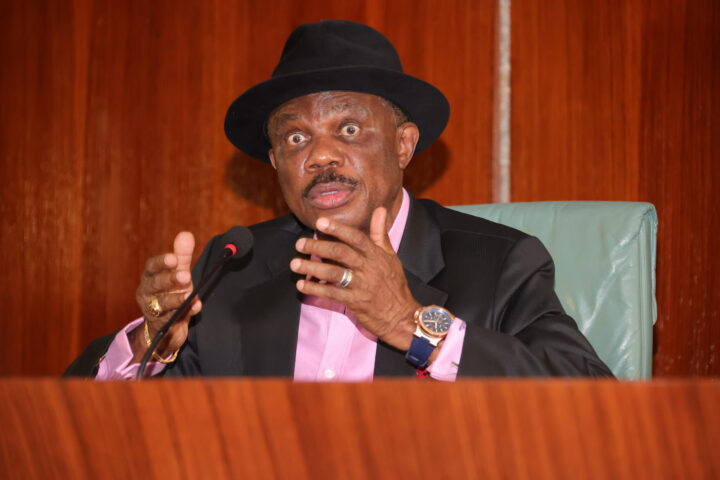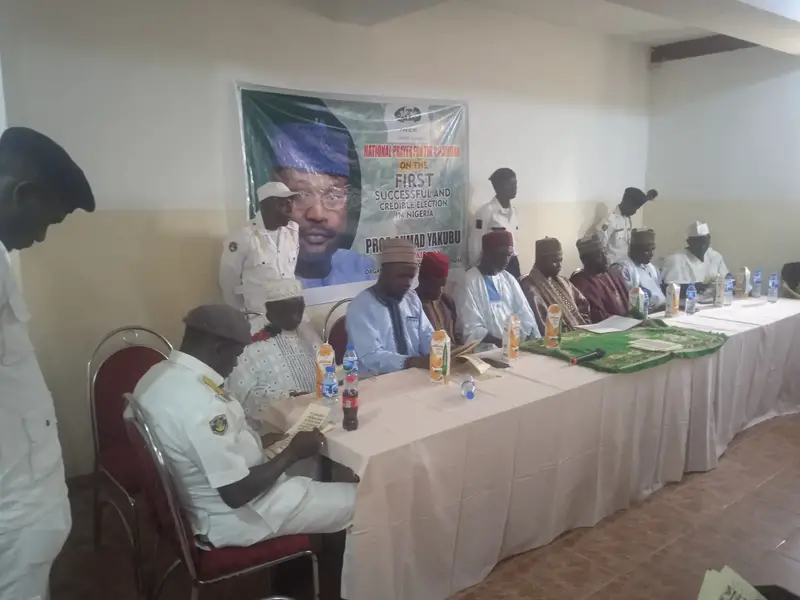Resurgence of military coups on the African continent has been a source of worry to African leaders. At a recent ordinary session of the Economic Community of West African States (ECOWAS) in Abuja, the issue became a major topic of discussion. For Nigeria’s President Bola Tinubu, who is also the chairman of ECOWAS Authority of Heads of State and Government, ending coups in Africa requires good governance and collective prosperity.
In his address on the occasion, according to Daily Sun report, Tinubu was quoted to have said: “The delivery of good governance is not just a fundamental commitment, it is also an avenue to address the concerns of our citizens, to improve their quality of life, and create a stable environment conducive to the achievement of sustainable development.” Tinubu said providing good governance that tackles the challenges of poverty, inequality and other concerns of the people would be equal to addressing some of the root causes of military interventions in civilian processes in our region.
We agree with President Tinubu. Getting a lasting solution to a problem requires first identifying the root causes of such a problem. And one of the major causes of military interventions in Africa is poor governance. Most African leaders undermine democratic ideals and principles. They are corrupt and are majorly interested in amassing wealth for personal aggrandizement. Dividends of democracy often elude their citizens.
This is why people troop out in wild celebrations in most of these countries where coups have taken place. It happened in Guinea, Niger Republic, Burkina Faso and most recently Gabon.
Some of these leaders engage in constitutional coups. Rather than leave office when their tenure expires, they tinker with the constitution to extend their term limits. President Yoweri Museveni of Uganda, Denis Sassou Nguesso of the Republic of Congo, Paul Biya of Cameroon and Teodoro Obiang Nguema Mbasogo of Equatorial Guinea are typical examples. They have each stayed over 30 years in office and still counting. This brings some form of agitations and unrest in some of these countries.
Former President Ali Bongo Ondimba of Gabon was overthrown in August because of this anomaly. He had ruled his country since 2009 when his father, Omar Bongo, died of cardiac arrest. He removed the constitutional provision on term limits in 2003 to ensure that he rules for life. He sought a third term in office and manipulated the presidential election of the country held on August 26, 2023. He was prepared to continue with the dynasty his family instituted for 56 years until the military struck and removed him from office.
Mismanagement of electoral processes is another affliction African leaders need to tackle if they want an end to coups on the continent. In some countries, incumbent Presidents manipulate elections in their favour against the wishes of the people. This usually brings anger and discontentment in the land, and any military intervention at that point is mostly welcome. In 1983, the National Party of Nigeria (NPN) engaged in massive rigging of the election to the dismay of the opposition parties. It was not long before the military struck and removed the civilian government of Shehu Shagari. The major reason the military struck in Gabon was the flawed elections the country had in August. The recent attempted coup in Sierra Leone was partly because of an election that was not credible. Since June when President Julius Maada Bio was re-elected, the political atmosphere in that West African country has been tense. International partners, including the European Union and the United States, questioned the election. The main opposition candidate also rejected the result of the election. In November, some gunmen attacked military barracks and prisons in Sierra Leone’s capital, Freetown, freeing about 2,000 inmates. At least, 19 people reportedly died in the violence. Some soldiers were arrested in August for allegedly plotting to overthrow the President. 
To end the coup epidemic, the political class must imbibe democratic culture and learn to strengthen democratic institutions. They must be transparent and play the political game according to the rules. Electoral umpires must sit up and conduct elections that are free, fair and credible. With the type of election that took place in Liberia recently, the military will be incurring the wrath of the people if they make any move to intervene. The election was credible, free and fair. It was such that the incumbent President George Weah, lost and quickly congratulated the winner, Joseph Boakai.
African leaders must also deliver democracy dividends and improve the standard of living of the people. They must put their ears on the ground and know what the people want. They must tackle poverty, hunger, unemployment and things that could bring discontent among the people. They should not be feeding fat from the national purse while the people suffer in penury. Simply put, good governance is the major thing that will change the narrative.




